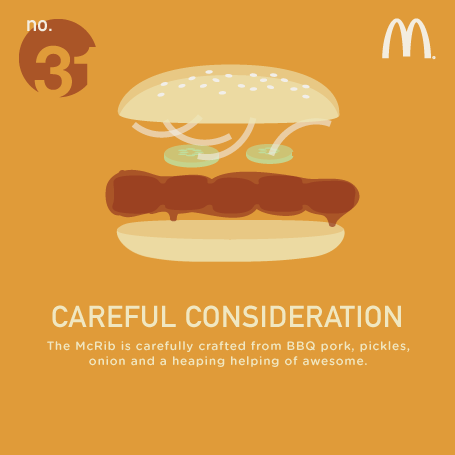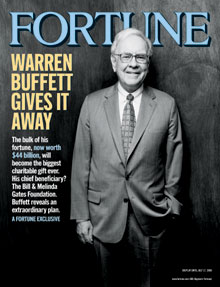Google on Competition, Creativity, and Gut Feel
Last week Fortune ran an extremely interesting interview with Google co-founder and current CEO Larry Page that covered a wide range of subjects related to the tech giant's business. It is a fascinating and enlightening read, and I'd definitely recommend taking a few minutes sometime this week to read it through, but since I know you are busy, I'll pull out a few of the most interesting parts for your consideration.
Larry Page on competition (and how much he and probably you should be thinking about it:
Obviously we think about competition to some extent. But I feel my job is mostly getting people not to think about our competition. In general I think there's a tendency for people to think about the things that exist. Our job is to think of the thing you haven't thought of yet that you really need. And by definition, if our competitors knew that thing, they wouldn't tell it to us or anybody else.
This is a super observation and warning - spend too much time thinking about the competition and run the risk of just copying what they are doing, and not enough time creating the next, new, and innovative thing. And creating the 'next' thing is where the action is, and as we will see in the next point, how you attract and retain the best people.
Page on how Google chooses which projects to pursue:
Choosing what to do. We want to do things that will motivate the most amazing people in the world to want to work on them. You look at self-driving cars. You know a lot of people die, and there's a lot of wasted labor. The better transportation you have, the more choice in jobs. And that's social good. That's probably an economic good.
Really interesting observation about how business strategy (What projects should Google be working on?), is informed and even driven by talent strategy, (What are the things that great talent wants to work on?). Mostly organizations have this reversed - strategy is set and projects are picked, and THEN the organization seeks or attempts to convince people to work on them.
Finally, and possibly the most notable aspect of the interiew given Google's famous reputation as a data-driven organization, how Page assesses the progress his teams are making:
You kind of have a feel for it, but it's hard to measure really accurately. But I think a lot of things have improved. We had a measurement of our rate of how we check in code. We've seen some improvements in that, which I view as a good sign. But I probably put more weight on just an intuitive feel.
The takeaway here is, for me, a bit of a warning to not let management and leadership simply devolve into a numbers game. Whether it is the influence of Moneyball, the last election and the cult of Nate Silver, or the inevitable calls for leaders to leverage 'Big Data' for decision making - Page's admission and inclination to trust his intuition is in a way refreshing.
Besides, the robots have not (yet) learned how to manage by intuition.
Have a great week all!

 Steve
Steve


